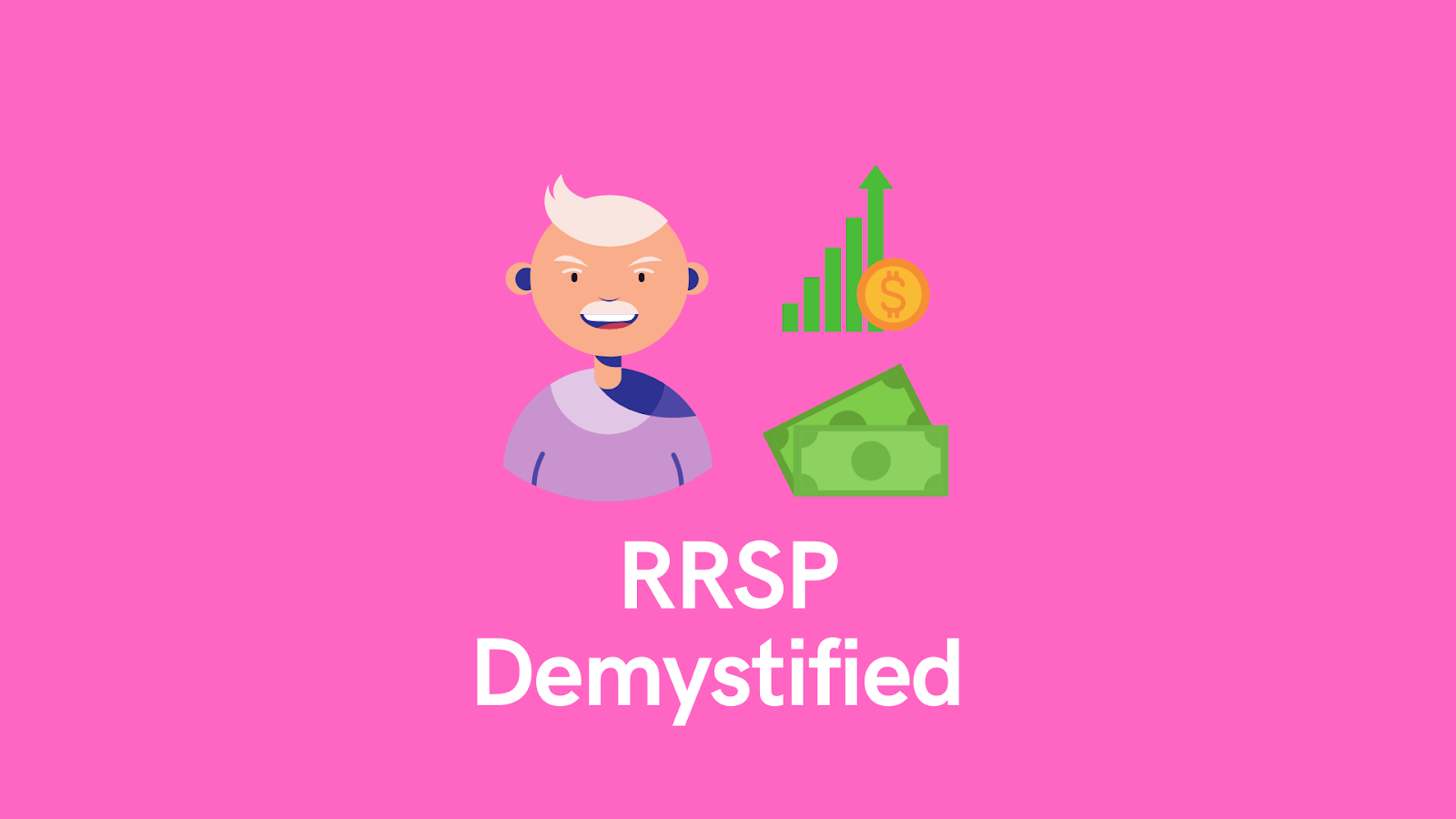The RRSP (Registered Retirement Savings Plan) is one of the most misunderstood things in finance and for good reason. There's a lot to it - taxes, investments, contribution limits, employer matching plans. These alone can create anxiety, put them together and now you're just scaring people.
As a result, it gets taught through the grapevine. Casual chats with friends, families and coworkers. This informal learning has led to a lot of misconceptions.
Here are some of the most common myths.
1) "My money's locked up until I retire"
While yes, the goal of the RRSP is to help fund retirement, you can withdraw anytime you want. There's no age or employment status you need to reach before you can access to your money. It's always available to you.
This leads us to our next big myth.
2) "I have to pay big penalties if I withdraw early"
There's no penalty. You simply pay taxes. The applies no matter when you withdraw.
The RRSP is a tax deferral account. Your taxes are deferred until withdrawal.
Anything invested into a RRSP is done with pre-tax dollars (as you can reduce your taxable income by the amount you contribute) and everything in the account grows tax-free. When you withdraw, that amount is considered income. And like all income, you pay taxes on it.
When you retire you're likely to be in a lower tax bracket. Deferring income till then means less taxes. This encourages folks to save while they're working.
Withdrawing triggers a withholding tax of 5-30% depending on the withdrawal amount and your province. This is not a penalty. This is similar to what your employer does with your paycheque. Money is put aside for your tax bill, if at the end of the year you overpaid, you get it back.
It important to remember that money in your RRSP is not all yours, you still owe taxes.
There's no penalty fee when you withdraw, you're just paying taxes you owe in the first place.
3) "I Invest in RRSPs"
RRSP is an account type, not an investment. "Advisors" at the big banks will talk customers into "buying RRSPs". This makes people think that it's some kind of investment. It's not. It's an account that can hold a variety of investments.
This confusion leads people to believe their options are limited and the big banks takes advantage of this to put people into their high fee mutual funds.
Hopefully this clears up some of the confusion out there. Don't fear the RRSP, it's a good thing.


Comments
Post a Comment